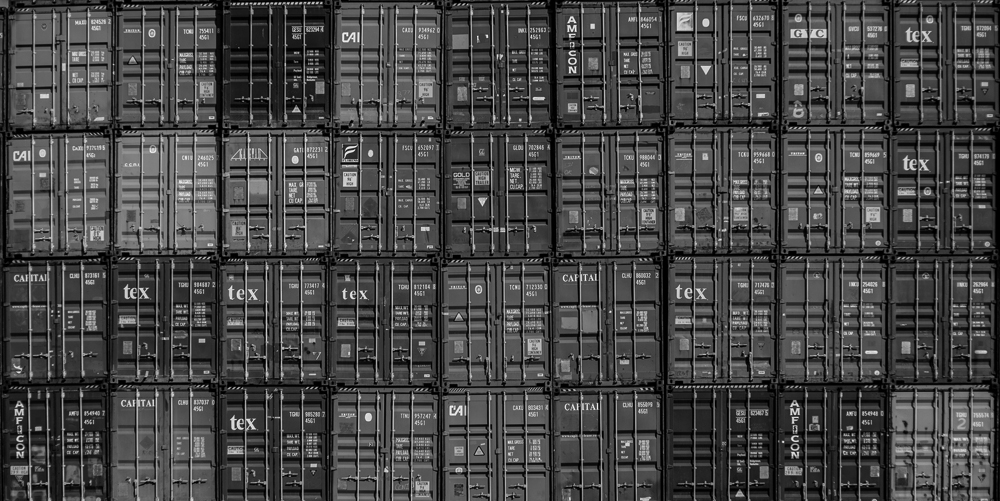A new policy agenda
There is little doubt that Fabian Society members voted overwhelmingly for Remain rather than Leave in the recent EU referendum. Leave won, however, because of huge discontent among Labour voters who were not convinced that the EU was good for...
There is little doubt that Fabian Society members voted overwhelmingly for Remain rather than Leave in the recent EU referendum. Leave won, however, because of huge discontent among Labour voters who were not convinced that the EU was good for them. In particular, they believed that EU policies were not in their interest but that they had no control over changing them and that immigration on its present scale was overstraining the country’s capacity to absorb the number of people involved while providing very unwelcome wage competition.
If we are ever going to see a Labour government again, Labour has to confront these issues and win these Labour supporters back – while still keeping the faith which Fabians cherish. In a post-referendum world we need to come back together with a policy platform which meets working-class concerns but which also keeps Labour’s ideals intact – and which meets as many of the Remain concerns as possible as well. How are we going to do this?
In my view, our approach to the single market is the key. Staying in it has the advantage of continuity but as long as we are part of it we are bound by its regulations and directives, justiciable by the Luxembourg court, and obliged to accept effectively unrestricted immigration from the EU. The problem is that as long as we are in that position, we will never have a policy which wins back the working-class support we need to win a general election.
Could we stay in the single market but on the basis of derogations on free movement of labour and with more flexibility on regulations? Almost certainly not on the scale which would be needed to satisfy everyone. Understandably, the EU will not want us in the single market, taking advantage of its benefits without shouldering its obligations.
Suppose, then, that we pull out of the single market. We would then still be able to trade with the EU because we do not need to be in the single market to have access to it, but we would have to pay World Trade Organisation (WTO) tariffs. These are now low but not negligible – averaging about 3 per cent on industrial products and zero on services. It is true that there are also non-tariff barriers but many of these are going to be there anyway. Would we lose competitiveness if we had to face tariff barriers? A bit but we could offset this with a rather lower exchange rate – which has already materialised. There is no reason, therefore, why we should not continue to attract inward industrial investment.
This situation, however, while it would allow the UK to flourish, is not the optimal solution either for the UK or for our European partners. It would clearly be in neither our interest nor that of the other EU countries to have tariff barriers of this sort. A far more sensible arrangement would be for there to be a free trade agreement between the UK and the EU – and this is what we should aim for.
If we had access to the single market on tariff-free terms but without the obligations which go with membership, we would then not be able to be part of its policy-making process, and this is a price which we would have to pay. In return, however, we would get our seats back on the WTO and many other world bodies. We would also get back control of our borders and the ability to decide ourselves what regulation and social policies we want. Now we would have a policy to sell to our potential supporters.
More than this, if we got the single market decision right there are other changes which we could make. We could extricate ourselves from the common agricultural policy and the common fisheries policies, neither of which are supported by almost anyone in the UK. Free from the EU’s Common External Tariff, we could also bring down import duties particularly on agricultural products, which could reduce food prices by up to 20 per cent, with very large welfare gains to poorer people.
Clearly, many Labour party members were very disappointed by the referendum result. But it is equally clear that we are going nowhere unless the party adjusts to what has happened and seizes the opportunity to set out a new policy agenda which both reflects the fears and aspirations of those whose support we have to win back, and which reflects Labour’s core values. If we finish up outside the euro, Schengen and the single market, but with an EU free trade deal in place; with tariffs reduced on food; in as good place to attract investment as we ever were; in a position in which we could run an immigration policy which did not discriminate between EU and non-EU citizens; and in control of our own destiny, would this be such an unattractive prospect?
With policies along these lines, we might even win the next general election.
Image: blake.thornberry

